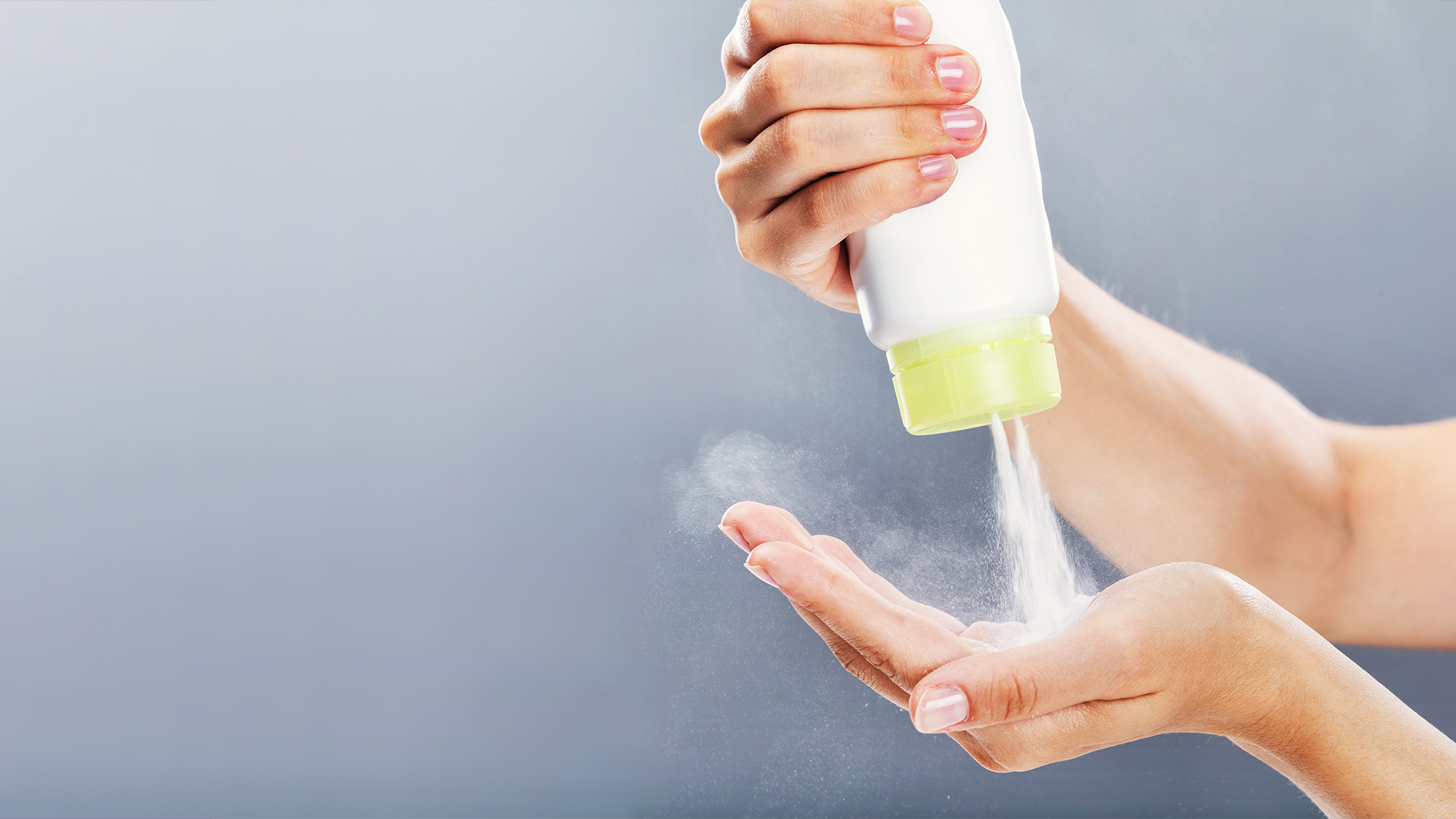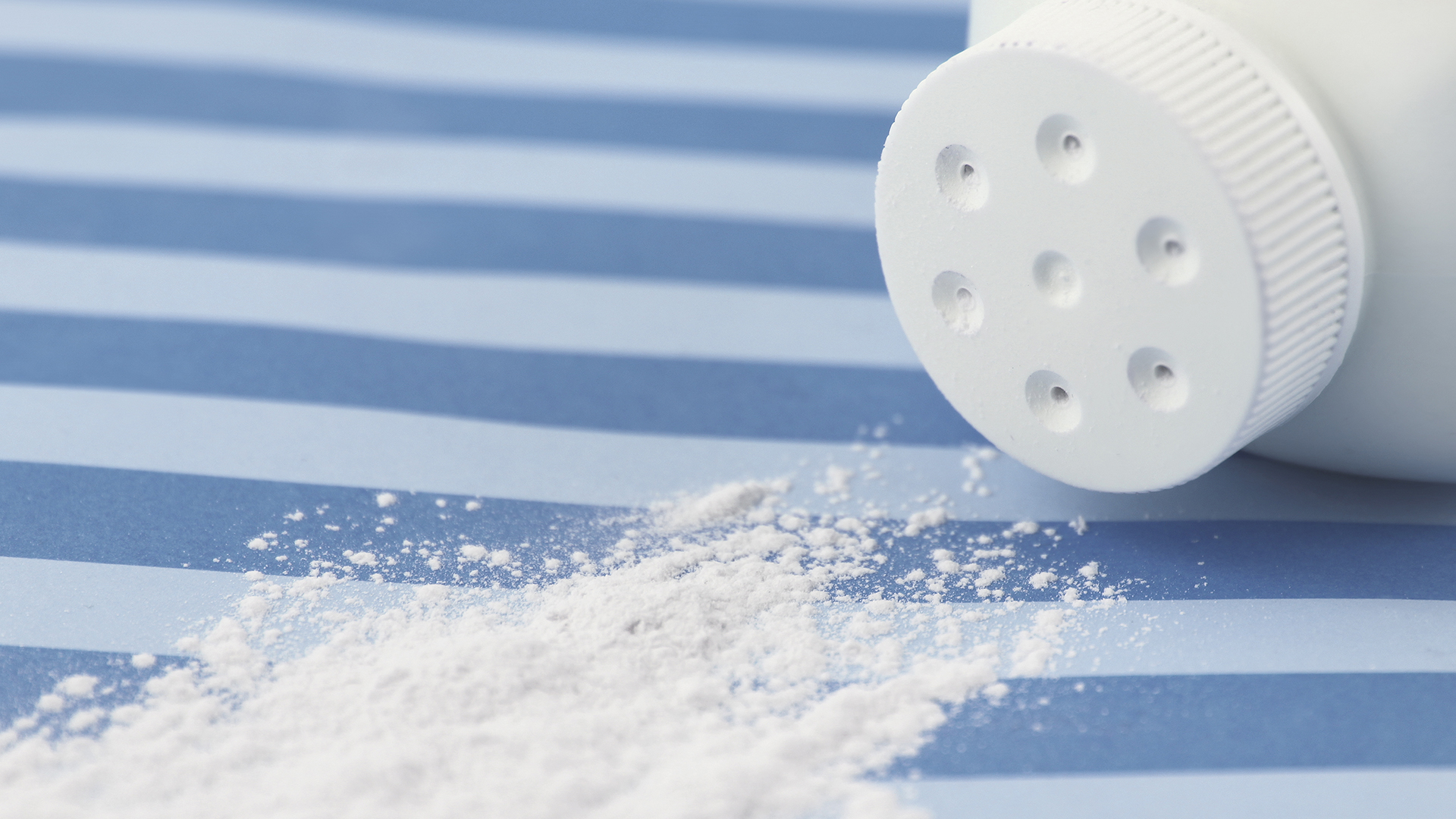Cryptosporidium, a microscopic parasite, can lead to weeks of misery once ingested. Symptoms for healthy people include nausea, stomach cramps and diarrhea and can last several weeks. For anyone immuno-suppressed or with an underlying health condition, fighting the illness is even tougher.
The Centers for Disease Control and Prevention recently reported that outbreaks had doubled from 16 in 2014 to 32 in 2016 in pools and water parks across the country. Ohio was one of the hardest hit states with nearly 2,000 people falling ill.
Closed mouth, plugged nose and showers
The summer is going to heat up and you and your family look for relief at a nearby pool. A couple tips will keep you healthy over the summer months.
It’s not completely clear whether the increase might simply be related to better surveillance and lab testing methods. Regardless it is out there and once crypto gets in the water is can survive up to 10 days. It spreads quickly because you don’t have to ingest much water to be infected.
The only way to remove the parasites is to close a pool and treat the water with high doses of chlorine.
Avoidance measures involve some common sense:
- Do not swallow/drink pool water – teach young swimmers this rule early
- Rinse off in a shower after getting out of the water
- Wash hands frequently
Watch babies and toddlers since swim diapers are not water tight. Encourage recently potty-training children to take frequent bathroom breaks as well. If you suspect you have been hit by these germs, stay out of water. Also, contact the pool/water park management so that they can run necessary water quality tests and complete the right water treatment if Cryptosporidium is present.
It isn’t necessary to avoid local pools as the days start to heat up. But do take precautions to keep your family safe and healthy this summer.
















